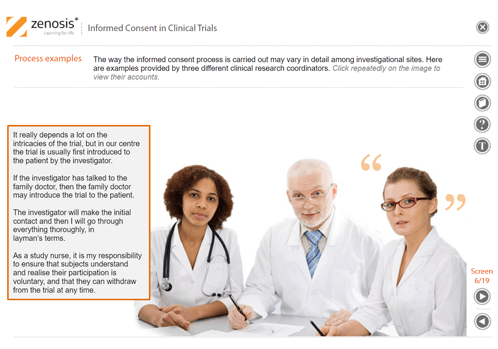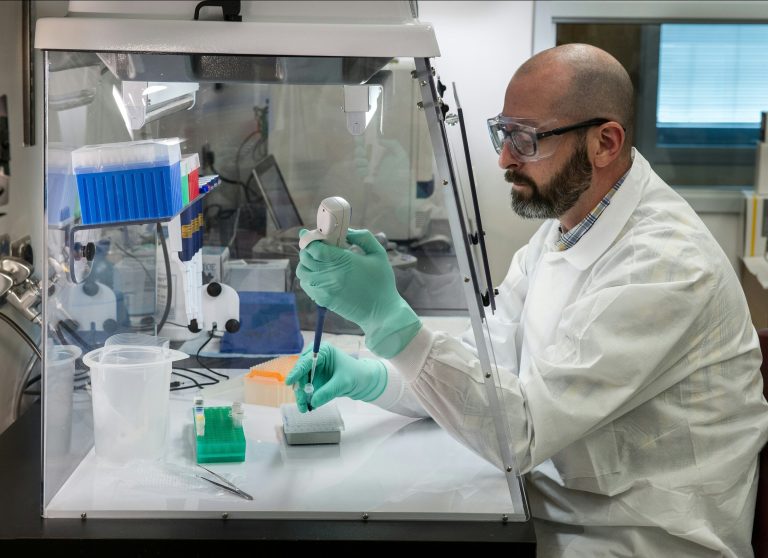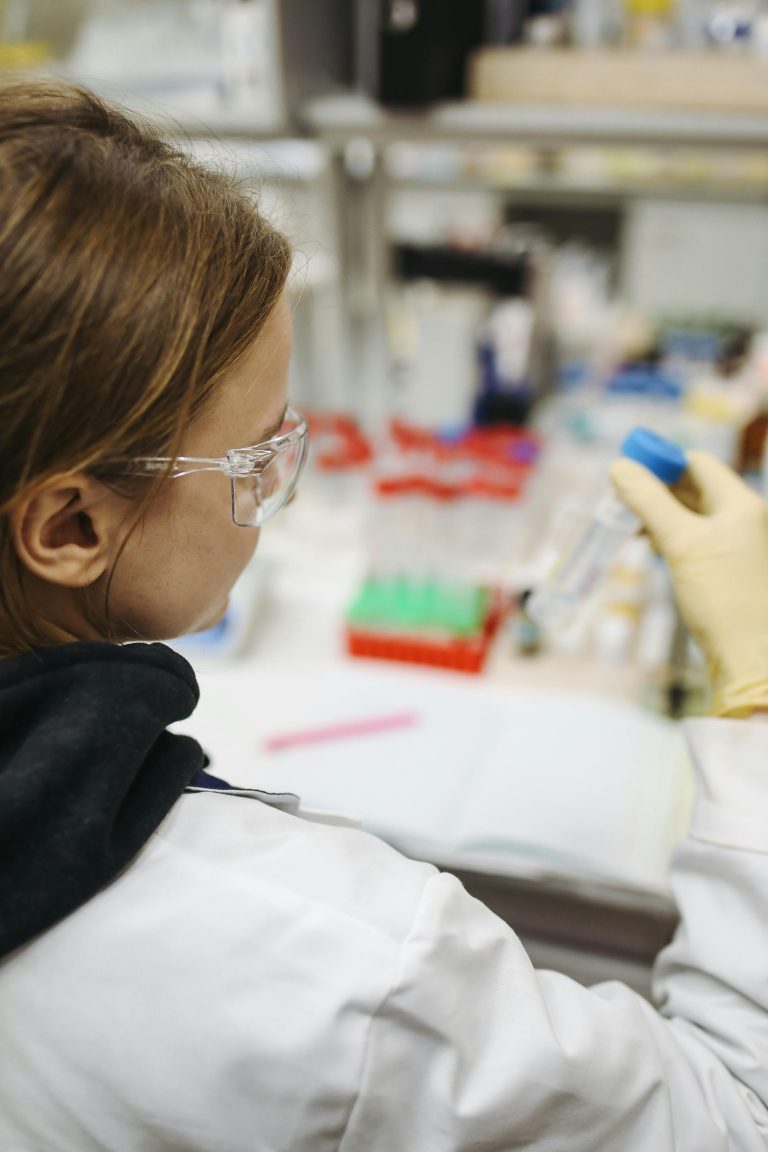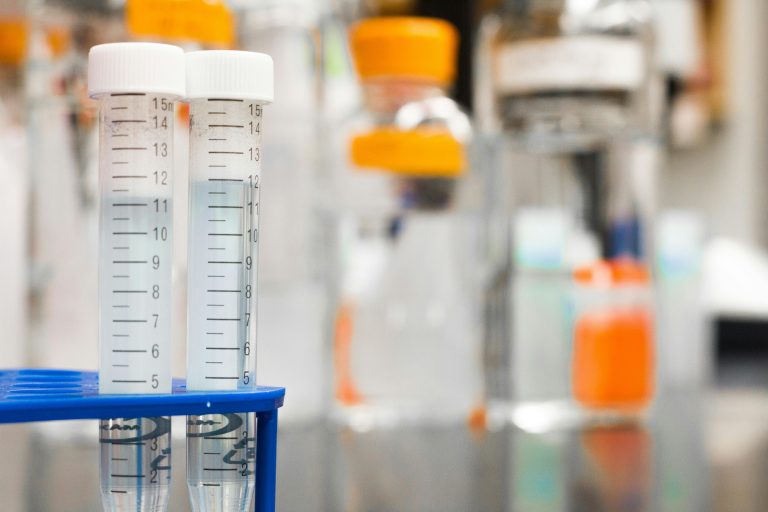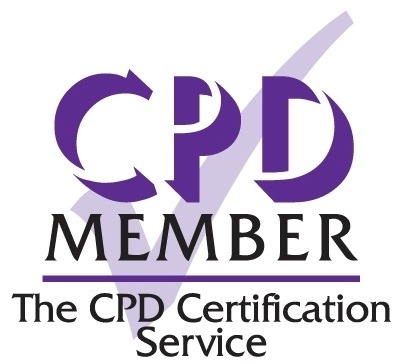Zenosis News
17th June 2025
We are happy to announce a substantial revision to the course SUB06: Variations to Marketing Authorisations...
Read More
28th March 2025
We are delighted to announce a major revision to our course on Good Clinical Practice. The course CT03, ICH...
Read More
17th January 2025
We are pleased to announce the release of a new course: Assuring Data Integrity in Clinical Research...
Read More
25th November 2024
We are very happy to announce the release of a new course: Assuring Data Integrity in the Manufacture...
Read More
23rd July 2024
We are delighted to announce the release of a new course: Good Clinical Laboratory Practice The work...
Read More
15th May 2024
We are pleased to announce the release of a new course: Good Quality Control Laboratory Practice [course...
Read More
22nd February 2024
We are delighted to announce the release of a new course: Good Laboratory Practice [course details]....
Read More
10th January 2024
A 505(b)(2) New Drug Application (NDA) is a submission to the Food and Drug Administration (FDA) for...
Read More
21st December 2023
Biological products have come to dominate the market for medicines in recent decades. To introduce a...
Read More
18th December 2023
Our courses are undergoing a rolling programme of Continuing Professional Development accreditation by...
Read More
No posts found
1
2


